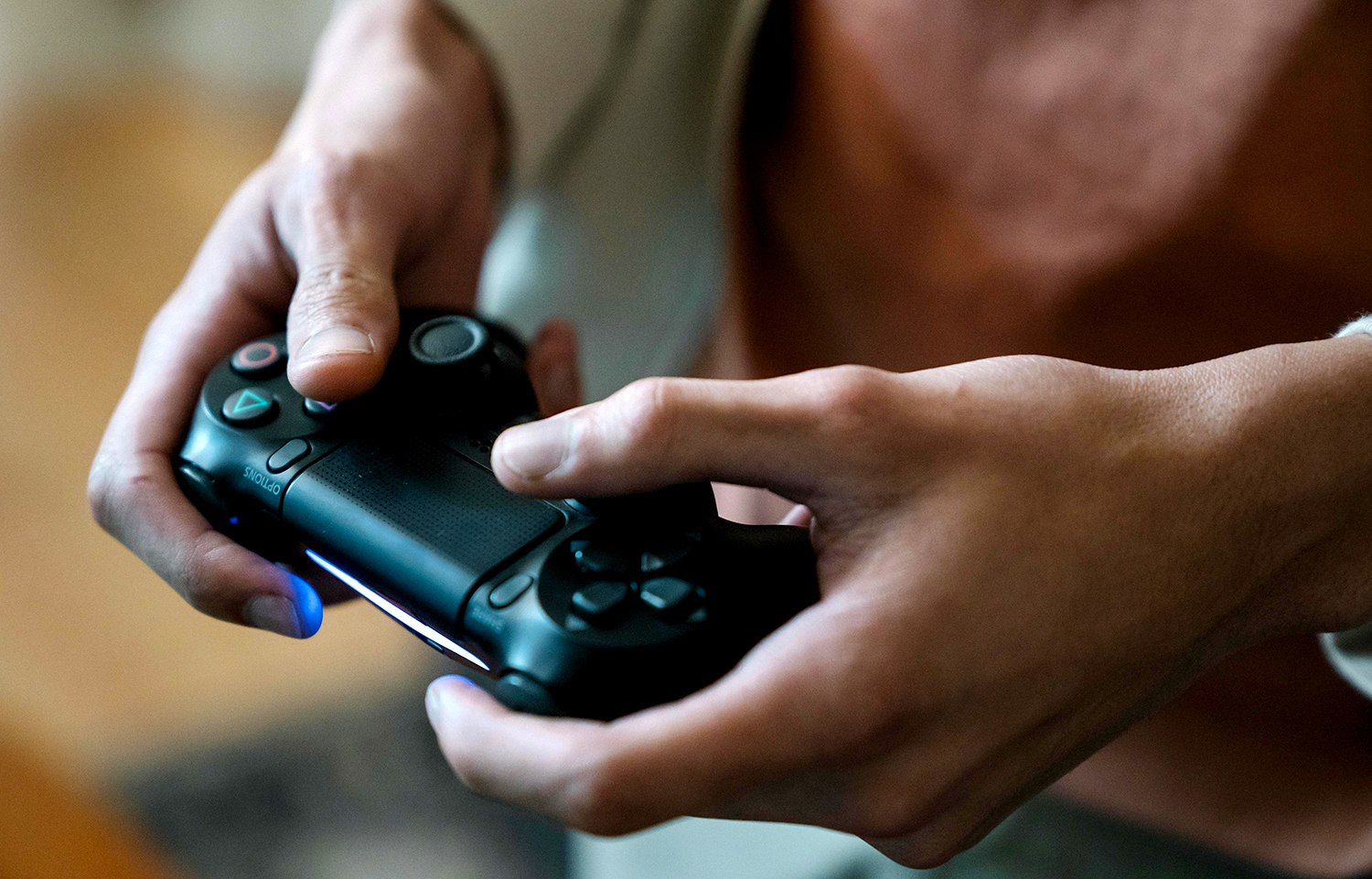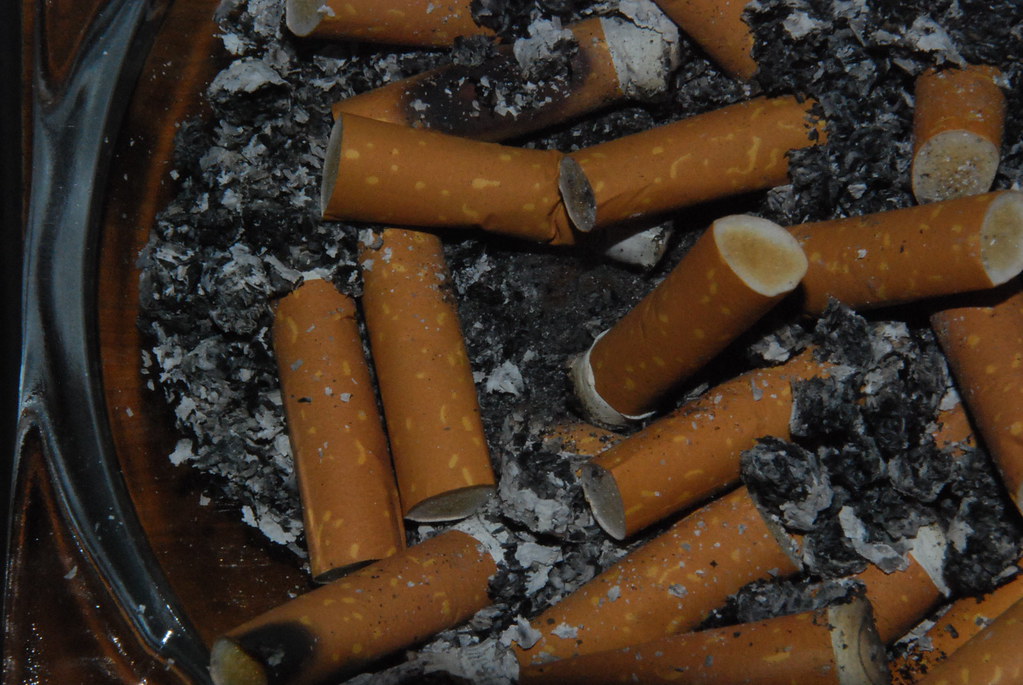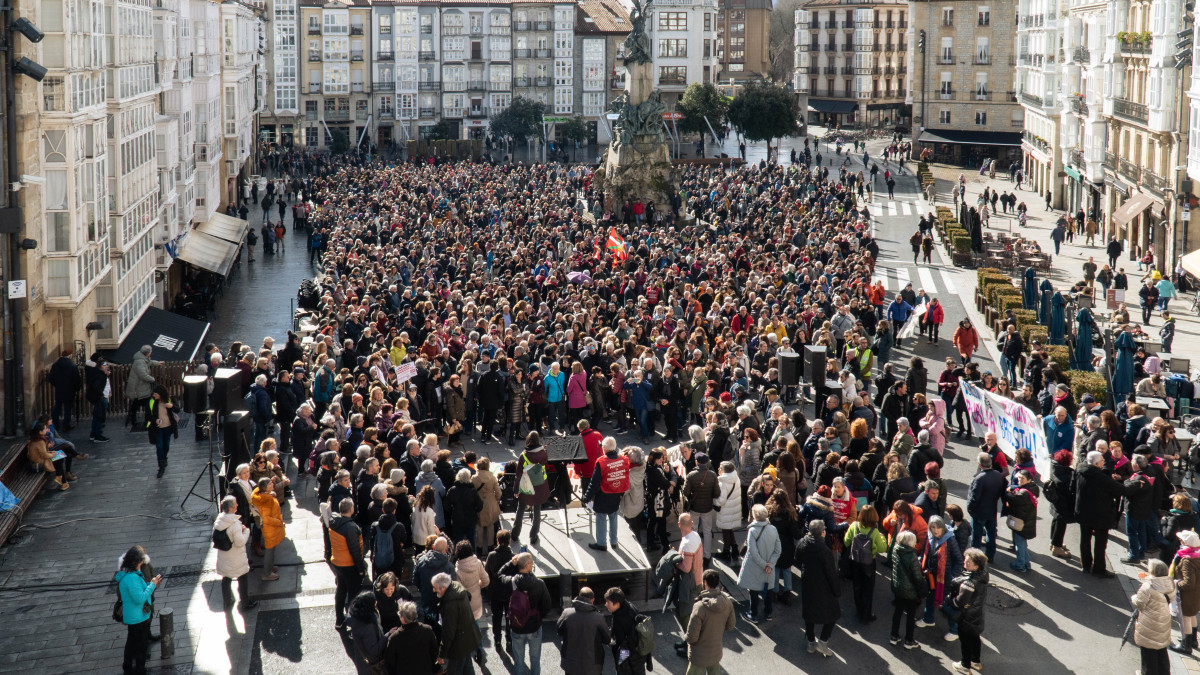Pain
- I'm not a doctor, I'm not fission, I'm not a psychologist, but this is my story, and I want to share with everyone who wants to read because there are things that don't count.

According to the latest studies in Spain (I found no data on RD), 20% of the population suffers chronic pain. Apart from headaches, there are frequent pains that extend over the months; those who, once the injury is cured, reappear; people who, although diagnostic tests say there is no harm, suffer; those who, being specialists, find no explanation for their pain.
In my particular case, during any exercise, and especially in the following days, I felt pain in the muscles of the part of the body used: under the legs (until you can't stand), on the knees, on the arms -- not the pain of agujet, obviously, another very nasty pain that also suffered at rest. That, of course, conditioned my life for a long time, and I stopped making many plans and sports that I used to do without problems, out of fear of the consequences. In fact, among those who have suffered chronic pain, the following attitudes are very frequent: fear of certain movements and situations, anticipation, very alert to symptoms, etc. They feed the pain and there we have the wheel of witches, the rope without cuts.
If at the beginning of the symptoms I had a doctor, perhaps someone who, following the traditional medicine manual, would have labeled me as “central sensitivity syndrome”. Today I sincerely thank you for not arriving here, because the idea of a sick and incapable body would be confirmed in me, moving further away from reality and completely distorting the idea of health of my body.
Having said that, I have to acknowledge that talking publicly about my pain has cost me a lot and that the decision to share these lines has not been easy. When I lived in pain, I dissimulated what suffering could be (especially emotional and mental) and left the bees home. I've been thinking about why. It is possible that I intend to maintain normality so that at least what I see is quite good, avoiding the image of patient; that I would not want to show him vulnerable; or that I was afraid that the word perpetuates the problem...
Once the pain was relieved until it almost disappeared, I didn't want to leave a loophole in the euphoria, I didn't dare to talk about it, fearing that I would come back when I told it all happened. The truth is that on one level that’s what happened when I started talking about it, I’ve been reminded of my “systems” that I haven’t felt for a long time, but I already have a lot of information and I look at my pain from elsewhere.
Aware of the hardness of the pain, I would say that it is even more difficult to have a pain without a name, or if it is unknown or strange in name. Because there are no objective reasons enough to be wrong. And maybe that's why, because there's no specific illness or injury behind it, it's hard to talk about it, because it can't justify its complaint with a reasonable explanation. Feedback like “It’s psychological, you’re somatizing, nothing appears in the tests, it’s because of stress...”, puts in oneself the responsibility of feeling pain, as if of our way of life or being treated, GUILT, in capital letters. If there are countless currents that explain the origin of pain and disease, I will not discuss this here today. But I want to claim that there is a way to combat pain: knowledge.
In my case, that knowledge (new and useful information) came to me by the neurologist Arturo Goicoechea. I started with him and worked with Inés Goicoechea's team. They've completed the theory of "neurobiology and pedagogy of pain" and their corresponding practice, and they're getting very good results with different kinds of chronic pain, I'm a witness. It is impossible to explain in detail in this text the details of this theory. One, because it's a lot of information, and one, because this doesn't want to be a news article. But I think it is worth making a brief comment. I'm willing to give more information to anyone who wants to know more, and if not, you can search it online. Goicoechea says that all painful experiences are brain responses, normal responses, response to what she considers a threat. Pain itself is a protective mechanism. However, the system sometimes fails, so the pain does not go away after a reasonable time of healing, or worse, even without injury. In these situations we can talk about an evaluation error. The brain believes there are still reasons to protect itself, so the pain persists. And that's where we chained those of us who have lived many times with chronic pain. It can be released because pain is learned and therefore it is possible to unlearn.
As I said at the beginning, the aim of these lines is to give some light to this issue that is a little hidden. If someone feels understood, identified or hopeful after reading my experiences, it will be enough.
11 doctors in health care earn 230,000 euros each year, one of the practices 18,000 euros
This Thursday, EH Bila asked the Government of Navarre to investigate and correct this situation in the plenary session of the Parliament of Navarre. The UPN and the PP have joined the... [+]

















.jpg)
